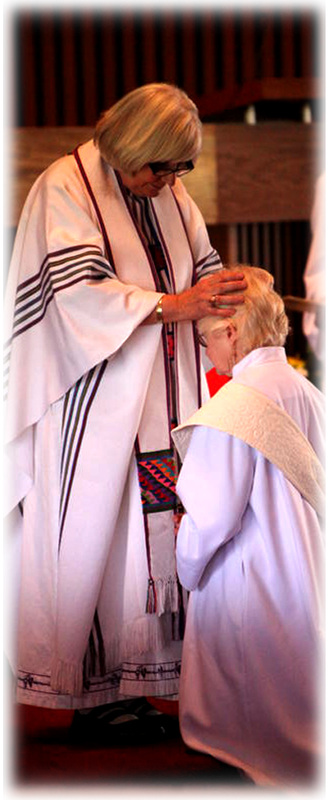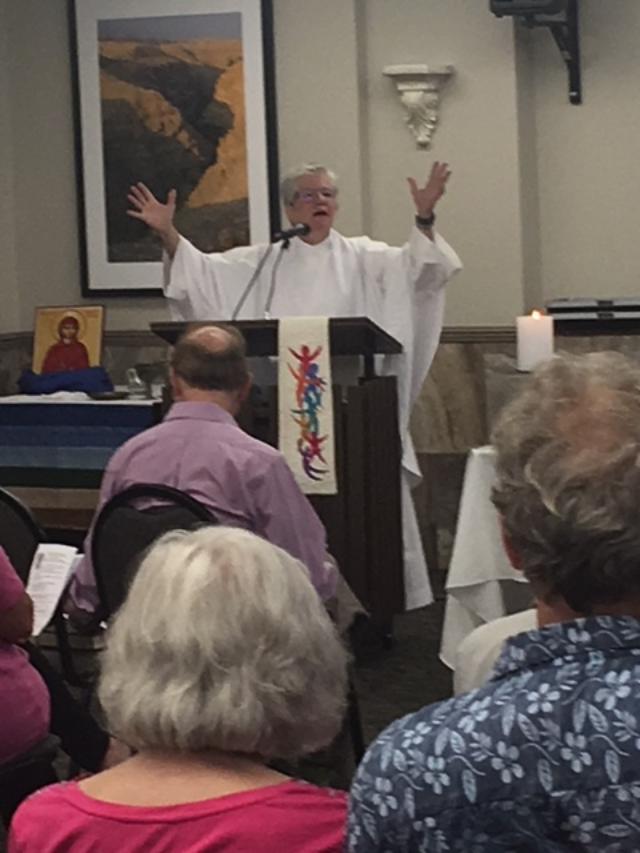She found an aisle seat near the front of the bus and sat down to get her thoughts together for the day ahead. Suddenly the woman sitting next to her turned and said: “I bet it’s cold in Chicago.” Emma turned curtly said: “Yes, I guess it is.” The woman kept asking questions and talking for several minutes. The woman finally said, “I’m going to Chicago to bring back my husband. We were married 52 years and he died suddenly. I’m bringing his body back.”
Emma put her book down and looked her in the eye this time. She reached out and held the old woman’s hand. They talked and talked. Soon the bell sounded for Emma’s stop. She collected her coat and carry-on bag and stood up. A young man took the seat where she had been. Soon the old woman turned to him and said, “I bet it’s cold in Chicago.” All Emma could do was say a little prayer hoping that the young man would pay attention to her.
We’re all rich, aren’t we? We all have family and friends we can count on. We have our education, even about the history of women’s ordination. We are finding ways to live our belief in justice for all.
On the other hand, we’re all kind of poor. We need help. We need to be healed. We keep finding new areas where we’ve been caught up in our own wants, big and little.
Today’s other two readings have the same theme. Amos warns his listeners not to be like those who live in luxury, gloating over their self-importance, unaware that the vast majority of people are poor.
The First Letter to Timothy, probably written by a disciple of the Apostle Paul, takes a different tack. His advice to the wealthy is to “put their hopes in God, who richly provides us with everything for our enjoyment.” The eighteenth-century preacher, John Wesley, interprets vv. 17-19 by saying, “’ The love of money’ we know, ‘is the root of all evil’; but not the thing itself. The fault does not lie in the money but in them that use it…”
Think of all the good things that money can do, like pay for a trip to the Symphony. The money then spreads out to the players and their families, to the children who participate in the symphony’s special programs for them. This helps children of all economic groups appreciate beautiful music.
What about using some money for supporting young people, especially women, so they can study for the priesthood. Of course, there are lots of groups that serve those in need that call to us for help.
On the other hand, we can waste money, thinking of ourselves first, complaining about how charities waste funds as an excuse not to take the time to give to any of them.
The best way is to live life in a spirit of gratitude. That will guide our use of our money, our time and our attention. Yes, “I bet it is cold in Chicago!”
Let’s back up a little. How do you see money as the root of all evil?
What are your thoughts on positive ways to use money?
Maria Thornton McClain, RCWP
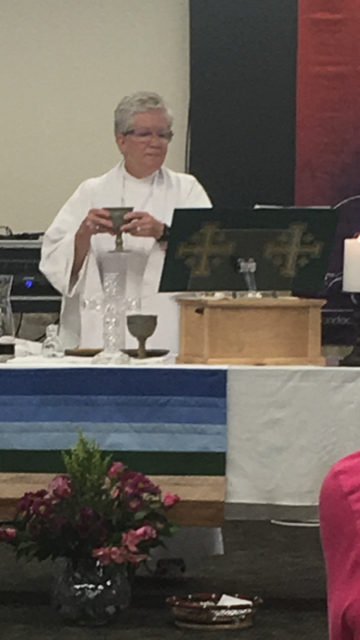
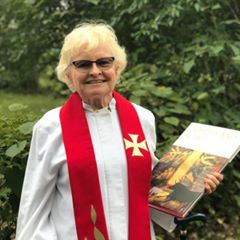
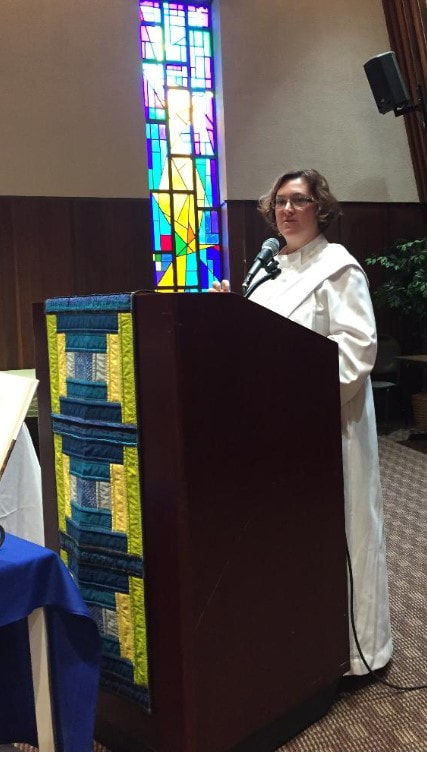
 RSS Feed
RSS Feed
